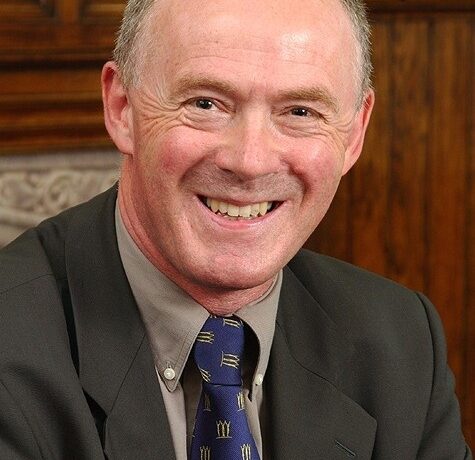Leese: Set cities free and they will deliver
Cllr Sir Richard Leese, leader of Manchester City Council, spearheaded the English core cities' call for greater fiscal and decision-making powers today at a GVA-hosted summit in London.
With less than a week until the Scottish referendum on whether to become independent from the rest of the UK, the eight English core city leaders are urging Westminster for devolution for the regions so that they can also benefit from the devolved policy Scotland already has.
Cllr Sir Richard Leese is chairman of the Core Cities Cabinet. He said: "With the prospect of devolution looming for Scotland and Wales irrespective of the outcome of the Scottish referendum, decentralisation within England is now one of the biggest single economic issues facing the Government.
"More autonomy for cities is increasingly accepted. The Chancellor's speech in my own city of Manchester called for more devolution and HS3; the Leader of the Opposition's welcome of the decentralising Adonis Growth Review; the Deputy Prime Minister's commitment to further faster devolution; and the RSA City Growth Commission, chaired by leading global economist Jim O'Neil, all point firmly in the same direction – set cities free and they will deliver more for business and for the economy."
The Core Cities group, in addition to Liverpool and Manchester, includes Birmingham, Bristol, Leeds, Newcastle, Nottingham, Sheffield, and most recently, Glasgow.
GVA launched a new report at the summit, entitled Evolving Cities, which makes the case for greater regional control. According to research, the eight English Core Cities and their regions account for 27% of the English economic output.
Iain Jenkinson, senior director and head of planning, development and regeneration in the North for GVA, said: "The Core Cities project collectively represents the first chance in a generation for regional cities to work together to actively shape their own future; the powers they currently have are only a starting point.
"This will not be a quick fix. Rather it will take time and require the Core Cities to continue working together with a range of partners, from international governments and sovereign wealth funds to more local players such as universities and business leaders."




